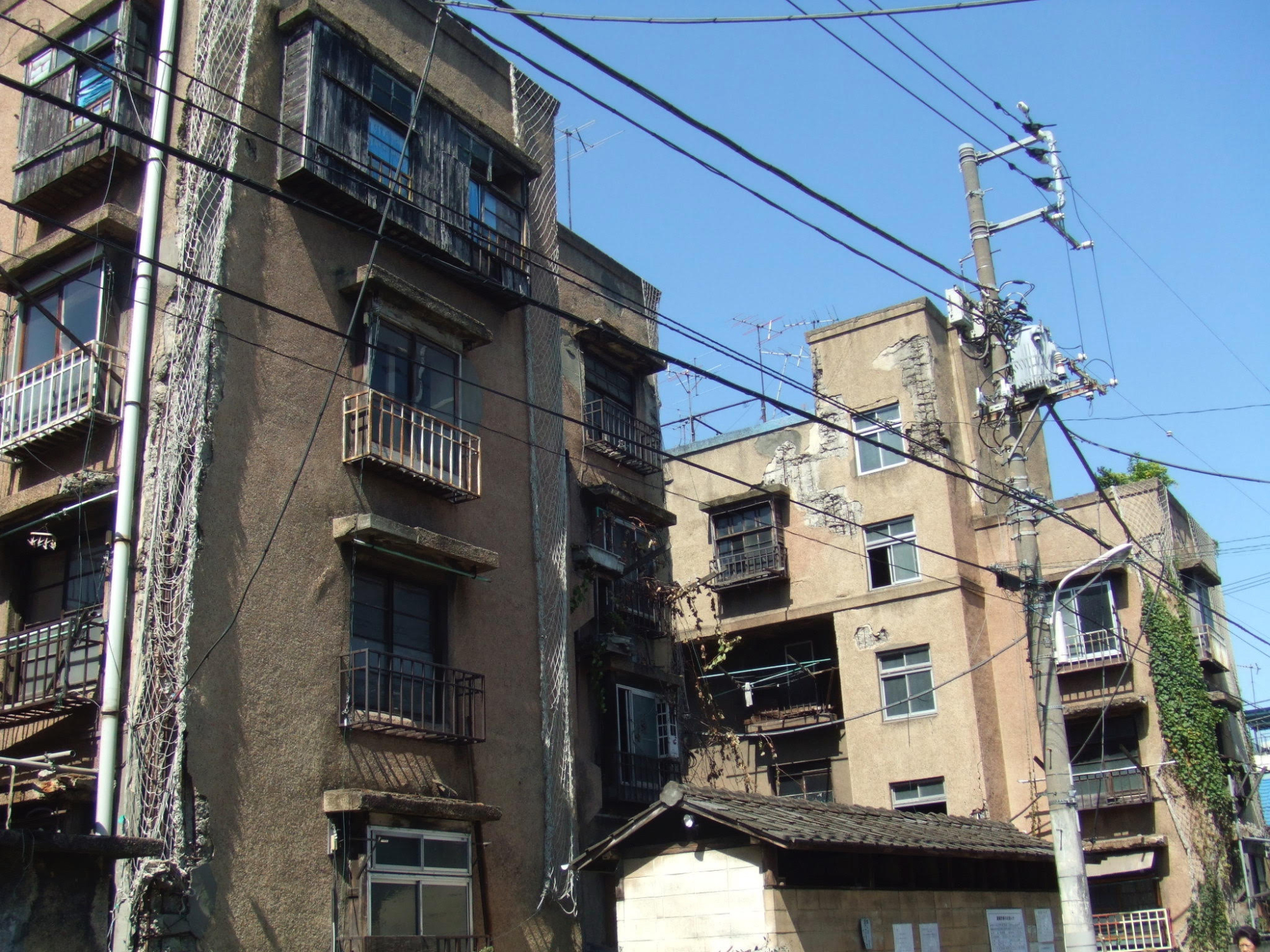On April 19, the Lower House of the Diet unanimously passed a revision to the Safety Net Law. The revision creates a new system that will register vacant properties with local governments and, ideally, these properties will be renovated and then rented out to low-income individuals and families who are otherwise unable to access public housing, which is currently at a premium in Japan, especially in large cities.
The revision will target seniors living on their own or with other seniors, low-income families, disabled persons and, in the event of disasters, displaced households. By rights, all these groups are eligible for public housing, which is aging even more rapidly than the general population and, like the general population, is not being replaced fast enough. The demand for low-income housing increases daily, and rather than build new structures the central government and local governments believe they can tap private properties that are not being used.
In addition to expanding the stock of public housing, the revised law will solve at least part of the problem related to the number of vacant residences — both condominiums and houses — which stands at more than 8.2 million and grows larger every year.



















With your current subscription plan you can comment on stories. However, before writing your first comment, please create a display name in the Profile section of your subscriber account page.